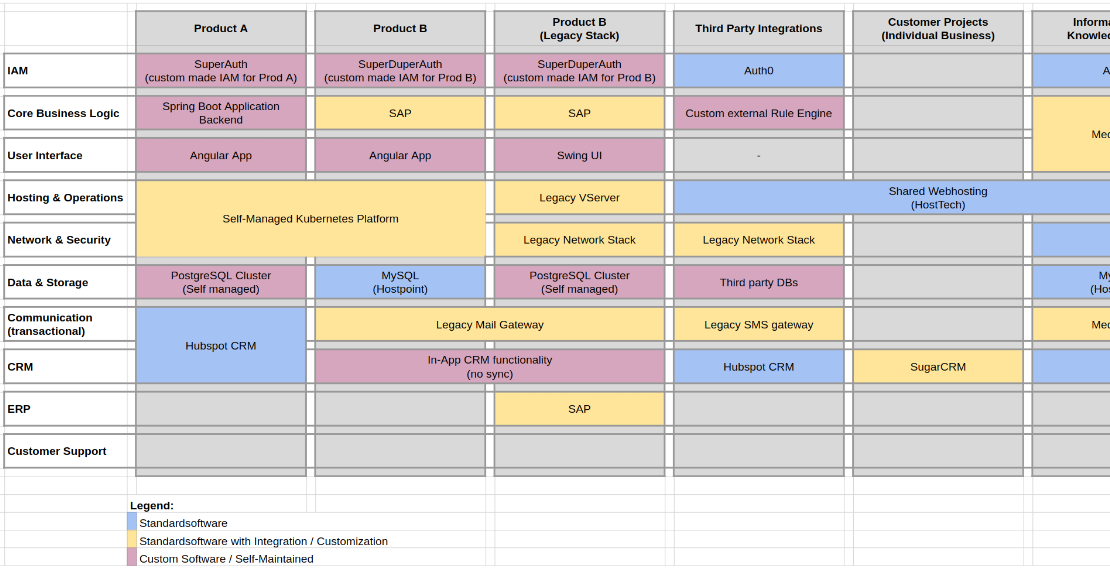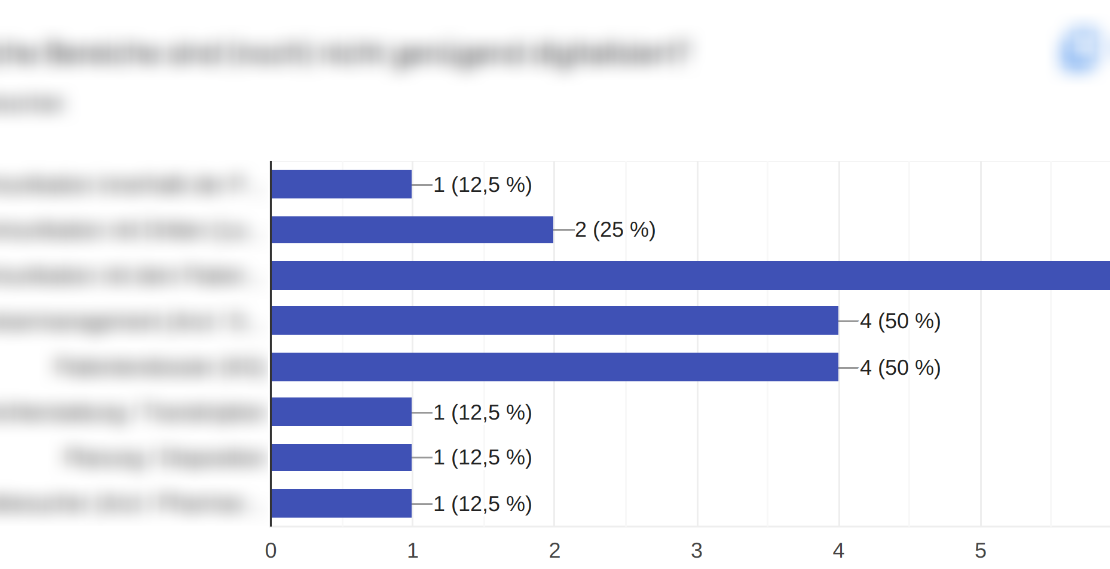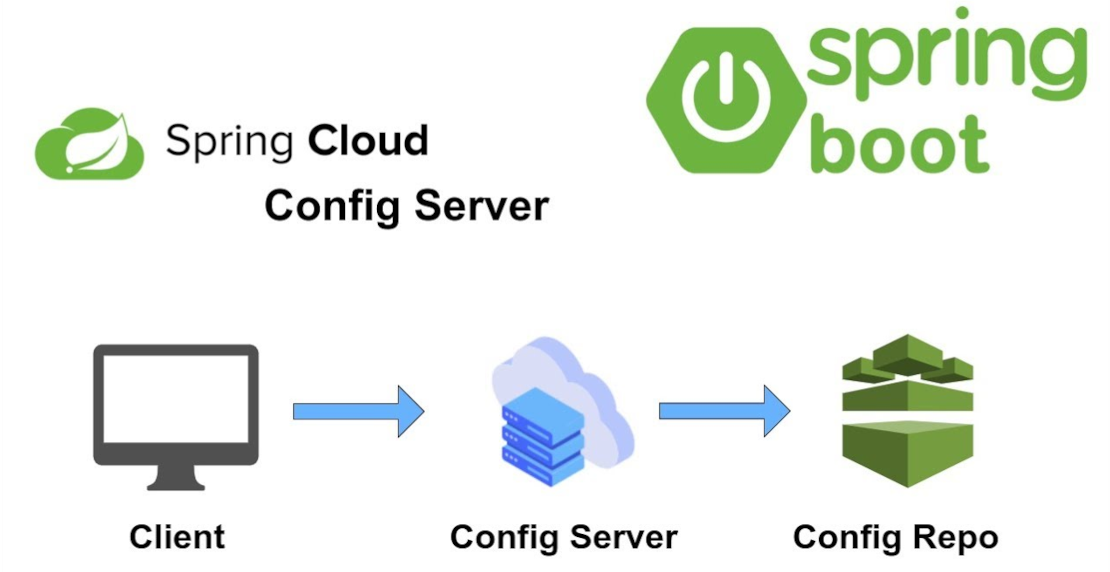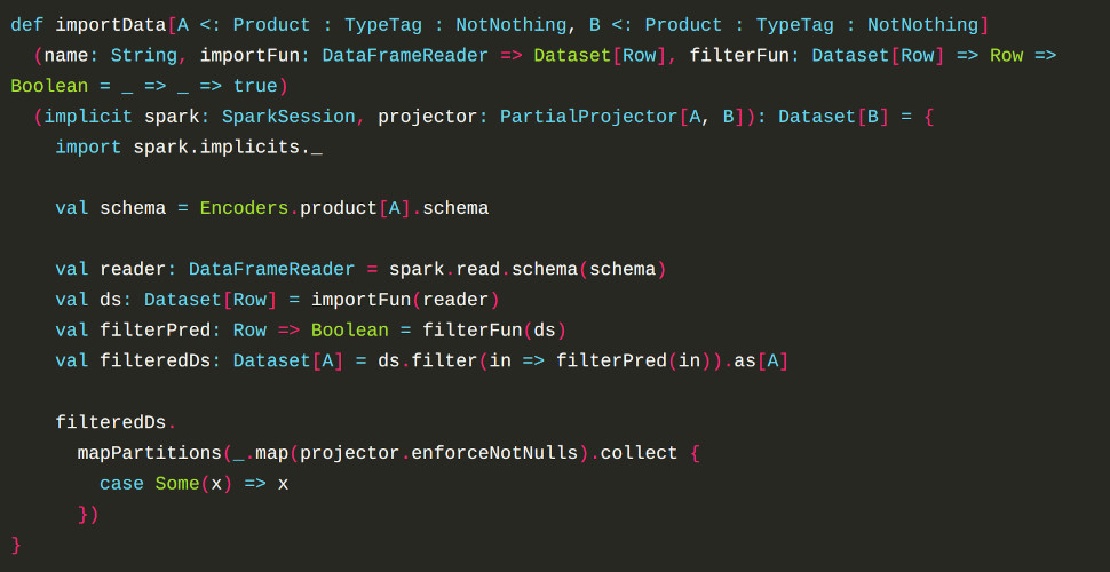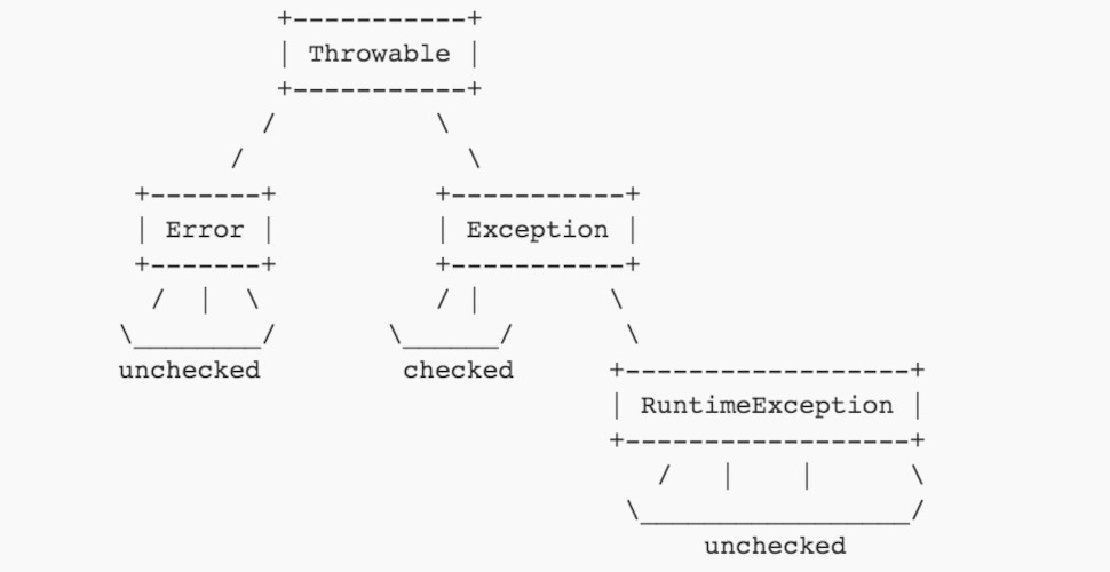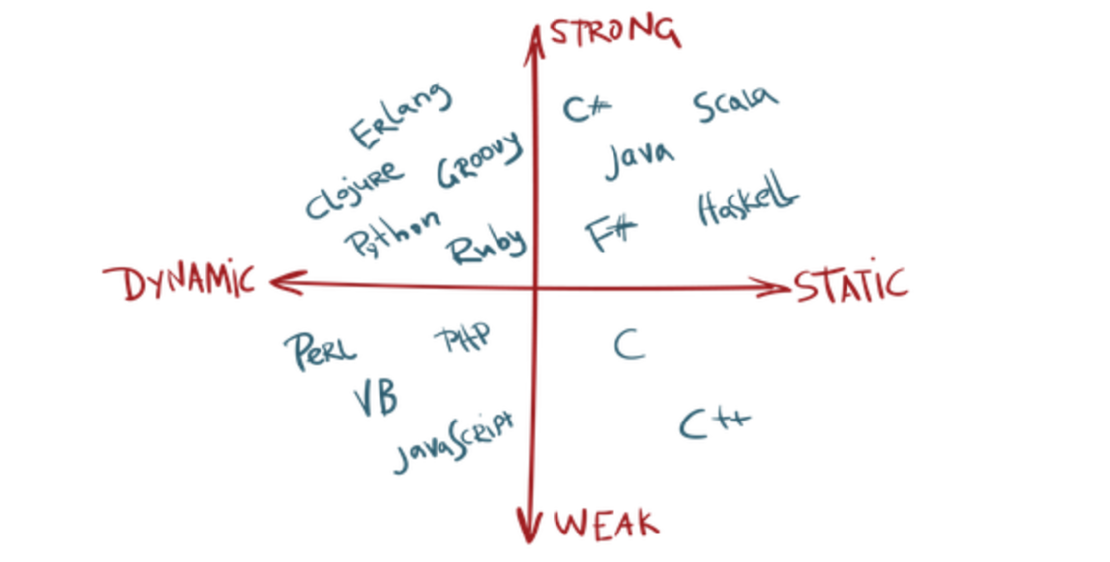
How a Strong Type System Saves You Documentation, Tests, and Nerves
I was recently inspired to finally write this post. Especially in weakly- or untyped languages, such as the JavaScript or PHP world, the added value of strict type systems is often not recognized. Instead, many discussions and comments revolve around the need for tests or code comments. Contrary to that, in the functional programming world, we leave such checks to the compiler. In this post I would like to give a short overview and explain how to use a strict type system for everyday checks instead of writing type checks, tests and documentation for it.

